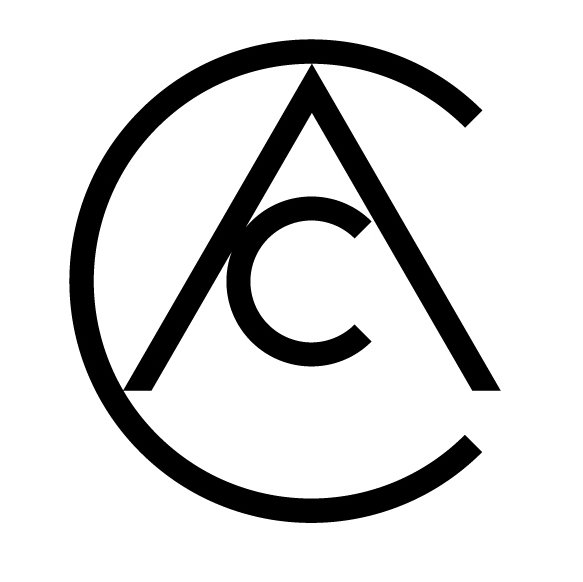Interview with Petra Dippold-Götz
Born close to Nuremberg she grew up in the city of Albrecht Dürer, a well-known German painter, and has been under the spell of this fascinating artist since she was a child. She attended a private grammar school in Nuremberg and her parents supported and strengthened her artistic and socio-political interest. She additionally absolved classes in art history and visual arts.
To improve and refine her techniques she started to study Fine Arts at the „Academy of Faber Castell“. Inspired by visits of museums all over Europe and the United States her art got influenced by „Informal Art“. Her role models are Emil Schumacher, Anselm Kiefer, Jean Dubuffet, Antoni Tapies, Alberto Burri, Gerhard Richter and last but not least she was deeply impressed by Jason Pollock and Franz Kline.
She is really into collages of all kinds. She works with acrylic and oil colours, depending on the subject. With passion she processes heterogeneous materials such as sand, fabrics, plaster, wooden parts, trash as well as any kind of plastic.
Nowadays she receives most of her inspiration from our daily life: politics, ecology, environmental destruction and many more.
Can you tell us about the moment you decided to pursue a career as an artist?
I never had a career as an artist in mind. The desire to make painting more than a hobby only came in 2014. One winter evening I found a white dove in the garden, killed by a bird of prey. Blood and feathers in the snow... This experience shook me deeply. I created several pieces of art from the remains of the bird. With this feeling in my heart I decided to share my emotions and thoughts with the world as an artist.
What kind of an artist do you ultimately see yourself?
I see myself as an artist who wants to celebrate the beauty of life and the fragile beauty of this world. It's not for nothing that the term 'Fine Arts' exists. Originally in French, 'les Beaux Arts' - 'the beautiful arts' has been the term for poetry, music, visual and performing arts since the 18th century. And I see myself as an artist who has the task of fighting for the preservation of this beautiful world with all my means.
What do you want your art to convey to the people who see it? What is the meaning or creative motivation behind your work?
There is a quote from Pablo Picasso that really appeals to me: 'Painting is not done to decorate apartments. It is an instrument of war.' Of course I paint a lot of decorative paintings, Picasso did that too. But with several works I would like to draw attention to the problems of this world such as environmental destruction, suppression and war. And I want to shake people up and appeal to those responsible to stop the destruction.
Can you tell us about the process you use to create your works? What is your typical workday routine?
I don't have a workday routine as an artist. When I paint, I either have a plan in mind, for example to create a work against environmental destrution or war and I try to visualize my statement for the viewer. Or I leave everything to my intuition and my emotions. I put paint on the canvas and everything develops by itself...
Where do you find inspiration? What motivates you to create?
I find my inspiration in the daily news, in my work as a doctor, sometimes in a modern art museum or during a walk in nature.
What has been your most outstanding achievement to date?
The perception and appreciation of my art in the world is the most important achievement for me. The invitations to international exhibitions and art fairs are the highlights of my artistic life. I was the only solo artist invited to the Art Fair in Salzburg, Austria, only galleries exhibited. Seeing my works in Florence, Italy in the historical building 'Casa di Dante and in Venice in the beautiful Palazzo Albrizzi-Capello filled my heart with joy and pride. When I was asked to show several of my works in Basel, Switzerland in the exhibition 'Climate Change & Art' a dream came true.
What are your ultimate career goals?
I have no ultimate goal as an artist. I wish to keep moving the hearts of people who look at my pictures. And I hope that I can sensitize and rouse some people to do something about the wrongs in the world.
What are you working on now, and what can we expect from you soon?
In Germany the mood of the population is depressed. After the years marked by COVID-19, we are now dominated by fear of the energy crisis and inflation. And we feel for the victims of the war in Ukraine. To bring some light and hope into the dark time, I'm working on a series of abstract flowers and landscapes in intense colors.

















